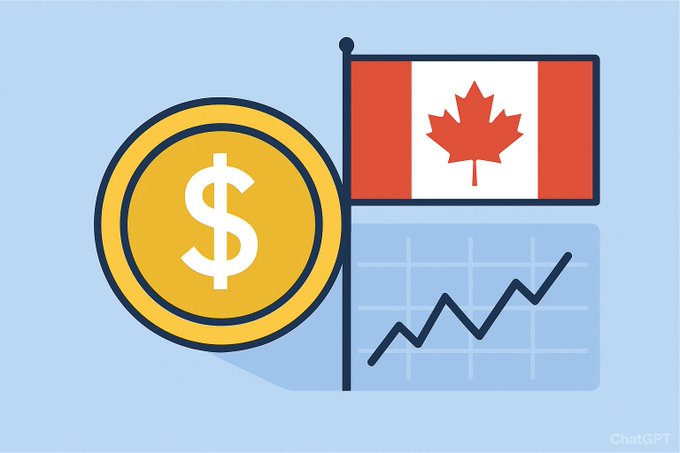
Hi folks! Well, the Bank of Canada and federal regulators are keeping a tight watch on stablecoin activity. They’re not banning it but they’re making sure anything pegged to the Canadian dollar meets the same standards as a financial instrument. Canada needs stability, transparency, and full compliance before any private stablecoin becomes mainstream. The way it will likely work is, to buy Canadian Stablecoins, first, you must buy Canadian Treasury bonds so the digital currency is backed by the Canadian Dollar. Other countries that are also deeply invested in developing a national framework for Stablecoins include USA, United Kingdom, Japan, South Korea, Hong Kong, United Arab Emirates and others.
Stablecoins Treated as Derivatives
Here’s where it gets very interesting. The Canadian Securities Administrators (CSA) are leaning toward classifying fiat-backed stablecoins as derivatives — basically financial contracts whose value depends on something else (in this case, the Canadian dollar). That means stablecoins could fall under the same umbrella as certain investment products. It sounds restrictive, but it’s not a bad thing. Treating stablecoins as derivatives gives regulators tools to enforce proper disclosure, custody, and redemption rules, protecting consumers and institutions from shady practices or rug-pulls.
The Upside and the Risk
When investors and consumers know a stablecoin is regulated like any other financial product, trust goes up. Banks and payment networks will be more open to participating. The downside? Slower innovation. Compliance costs and licensing hurdles could freeze out smaller fintech players who can’t afford the legal framework.
In Closing
Canada isn’t racing to launch a national stablecoin but is building the legal runway first. The takeaway is that when Canadian-backed stablecoins do arrive, they’ll be highly regulated, likely derivative-based, and designed to hold value under real-world law, not just speculative blockchain hype. Derivatives, like any investment, is not risk free.
Related Material:
DGB

Legal disclaimer: The material provided on this web site is for general information purposes only. It is not intended to provide legal advice.
Usefull Links:
Gig Worker or Self Employed Needs This

